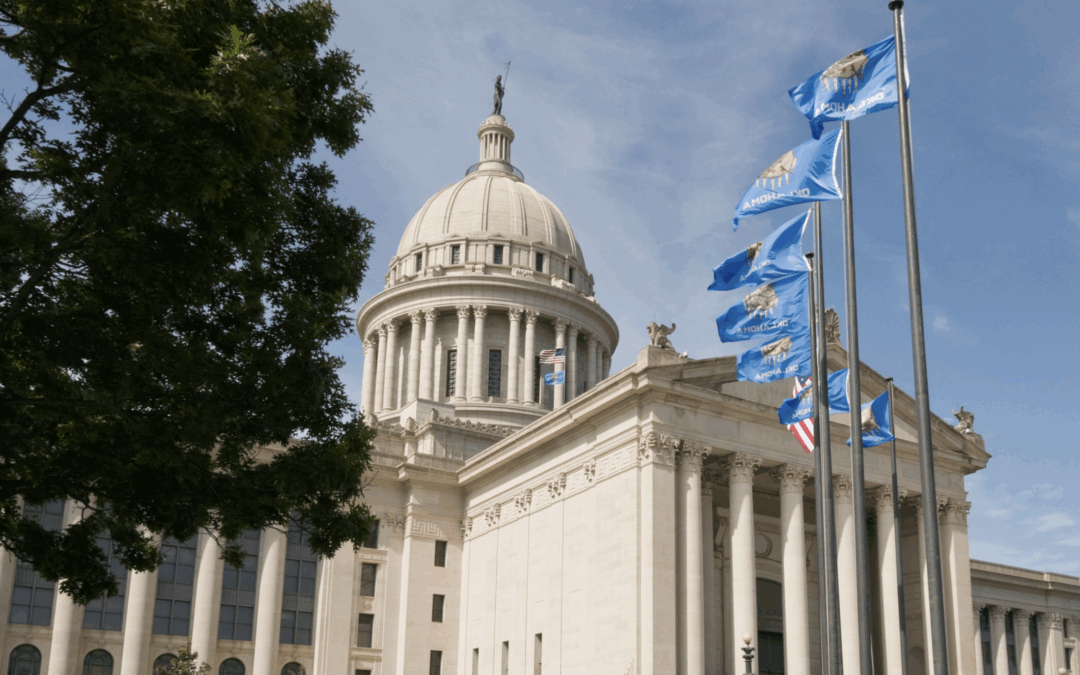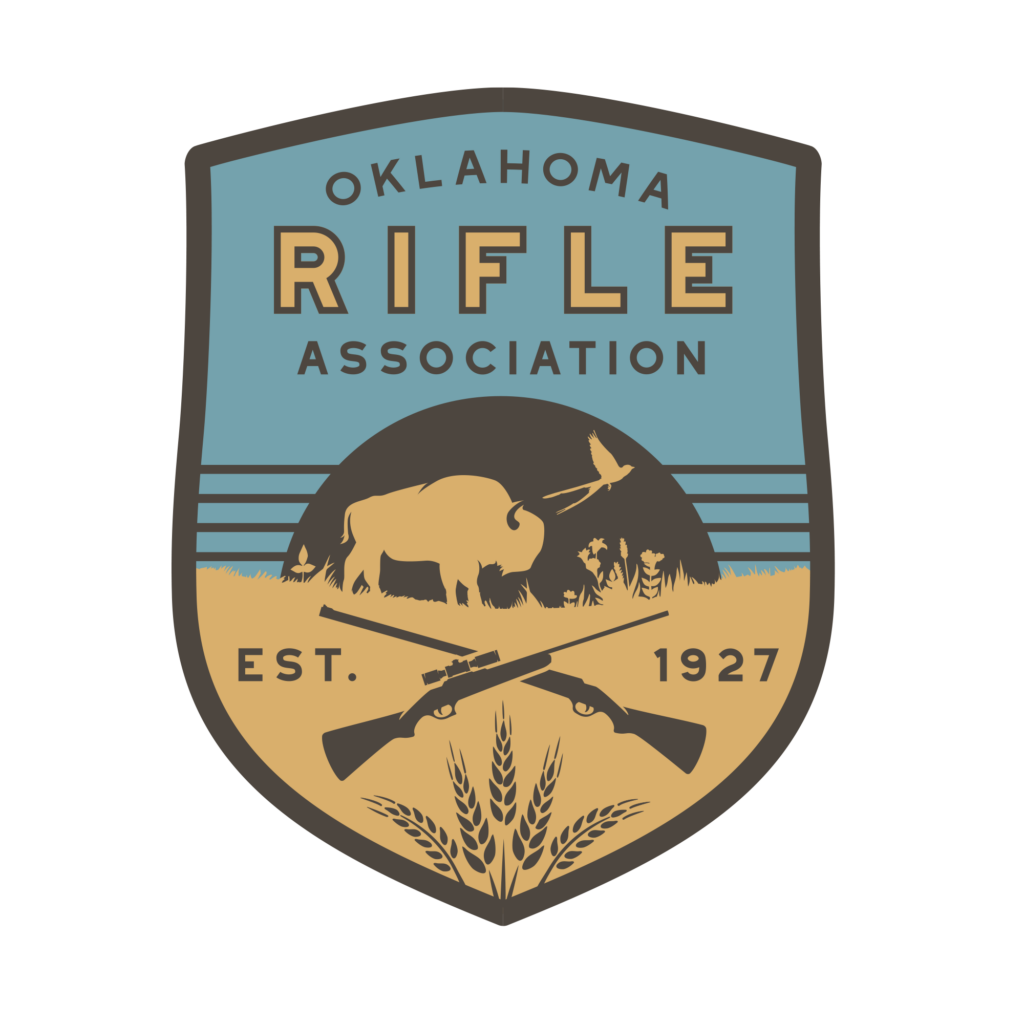Charlton Heston frequently told us that “The Second protects the First and the First protects the Second,” and of course, Mr. Heston was correct.
We all pray that the day never comes when “We, The People” are forced to exercise our Second Amendment Rights in order to regain or exercise our First Amendment Rights – that goes without saying. In order for us to avoid that day, each of us must be ready, willing and able to effectively exercise those all-important First Amendment Rights; free speech, assembly and petition.
When we think of the First Amendment to the United States Constitution we usually think in terms of freedom of speech and freedom of religion. But the First Amendment also protects the right of assembly and the right to petition our government, as does Article II Section 3 of the Oklahoma Constitution.
It is those two rights – the rights of assembly and petition – upon which our grassroots Second Amendment advocacy is based, and upon which our beloved democratic republic was built.
We have the right to assemble and to associate with one another in organizations such as ORA and the NRA. We have the right to attend rallies, and to march in support of our Second Amendment rights to keep and bear arms and we do so frequently, exercising our right of free speech in the process – making our voices heard either literally through speeches, cheers, chants and slogans, or figuratively through the signs, flags and banners we carry.
Which brings us to the Right of Petition. Both the First Amendment and Oklahoma’s Article II Section 3 protect our right to petition the government for the redress of grievances. Those grievances may be for past acts committed by the government, or for future acts contemplated by the government such as legislation proposed or pending before Congress or the Oklahoma State Legislature.
Most of us will never travel to Washington, D.C. to “petition” our various members of Congress or the President, but many of us – I would hope all of us – have the ability to visit with our State Representatives and Senators, either in our home districts or at the Oklahoma State Capitol, expressing our hopes, fears and concerns and letting them know where we stand on particular bills and proposals they either have already voted upon or will vote upon in the near future.
Some of us will be effective advocates and some of us will not. Some of us will help our cause, and, unfortunately, some of us may actually hurt our cause. All of us are dedicated and passionate about protecting the God-given right to keep and bear arms, but some of us allow our passion to override our ability to be effective advocates.
During my thirty-plus years as a pro-bono Second Amendment lobbyist in my home state of Delaware I have seen both, and I have seen the effects of both upon the legislative process. Please allow me to share with you some of the lessons I have learned over the years, both from experienced and highly effective lobbyists and from watching and listening to legislators and how they react to various activists.
I begin by remembering what my first Political Science professor told us so many years ago:
“Politics is a game, similar to chess, made up of influences and influentials and which is played strategically for the ultimate win at the end of the game. In politics, as in chess, it is sometimes necessary to sacrifice a knight or a pawn in order to take your opponent’s queen, checkmate their king and ultimately win the game.”
In the context of the lobbyist and the Second Amendment activist, the “influences” are the facts and circumstances that led the legislator(s) to propose the bill in the first instance – why do we have this bill, and why right now?
The “influentials” are those individuals who will “influence” the vote of the legislators – we hope that will be the NRA or ORA lobbyist and the Second Amendment grassroots activists who are making their wishes known by various means.
So, the question is, how does that NRA or ORA lobbyist or that Second Amendment activist become the prevailing “influential” on a particular bill, you ask?
To answer that question, I turn to the “Rules of Lobbying” one of the great lobbyists of our time once shared with me:
Rule #1. Know the subject matter better than the legislator and know the legislator before you attempt to engage him/her – know their district, their voting record, their campaign promises, their allies, and their donors. Plan your approach accordingly.
Rule #2. Work to position yourself to be a resource to whom that legislator can turn to learn the truth about the topic. This takes time and trust – slow down, be patient.
Rule #3. Never lie – always answer the question truthfully, even when the truth is harmful to your cause. When you make a mistake, own it and correct the record as soon as possible.
Rule #4. Always treat the legislator with respect. Like Grandma always said, “You get more flies with honey than you do with vinegar.”
Rule #5. Never threaten a legislator – if you are going to “punish” the legislator, do it at the polls during the election.
Rule #6. Never show anger – a show of sadness and disappointment is much more effective.
Rule #7. Remember, today’s opponent is tomorrow’s ally. Access is everything, especially when they are on “the other side.”
Rule #8. Never, ever become involved in internal caucus politics – and always remember that for most legislators, if you attack one member of the caucus on a personal level you have attacked the entire caucus as a whole.
Rule #9. The only thing that counts is the final result – sometimes winning is not losing. If the other side fails to win, you have won. Let them claim that hollow victory so long as you have lost nothing of consequence in the process.
Rule #10. Always treat the legislator the way you would want to be treated if you were in their seat – “The Golden Rule.” Be polite and respectful, even when they are not.
In closing, I want to share with you a story from my personal history that I believe illustrates the lessons I have attempted to share with you in this article.
Many years ago, before I was a lobbyist, I testified against Delaware’s first “assault weapons” ban bill before the House Public Safety Committee in Delaware’s General Assembly. We won that fight.
The man who was pushing that bill for the governor was a retired FBI agent who was then the Secretary of Public Safety. Because he expected me, as a police captain, to testify for the bill, he was extremely surprised and angry when I testified against the bill.
Years later, we became good friends and political allies, and he became a Life Member of the NRA. A year or two before he died, he testified against yet another “assault weapons ban” and in favor of a strong Second Amendment.
Remember, in politics, where there is mutual respect, today’s opponents can – and frequently do – become tomorrow’s allies.
A truly great lobbyist once told me that, “Lobbying is the art of the possible executed within the context of the improbable and, thus,
hope springs eternal within the breast of the professional lobbyist.”
Perhaps the same can be said for being a grassroots Second Amendment activist. I hope so.




